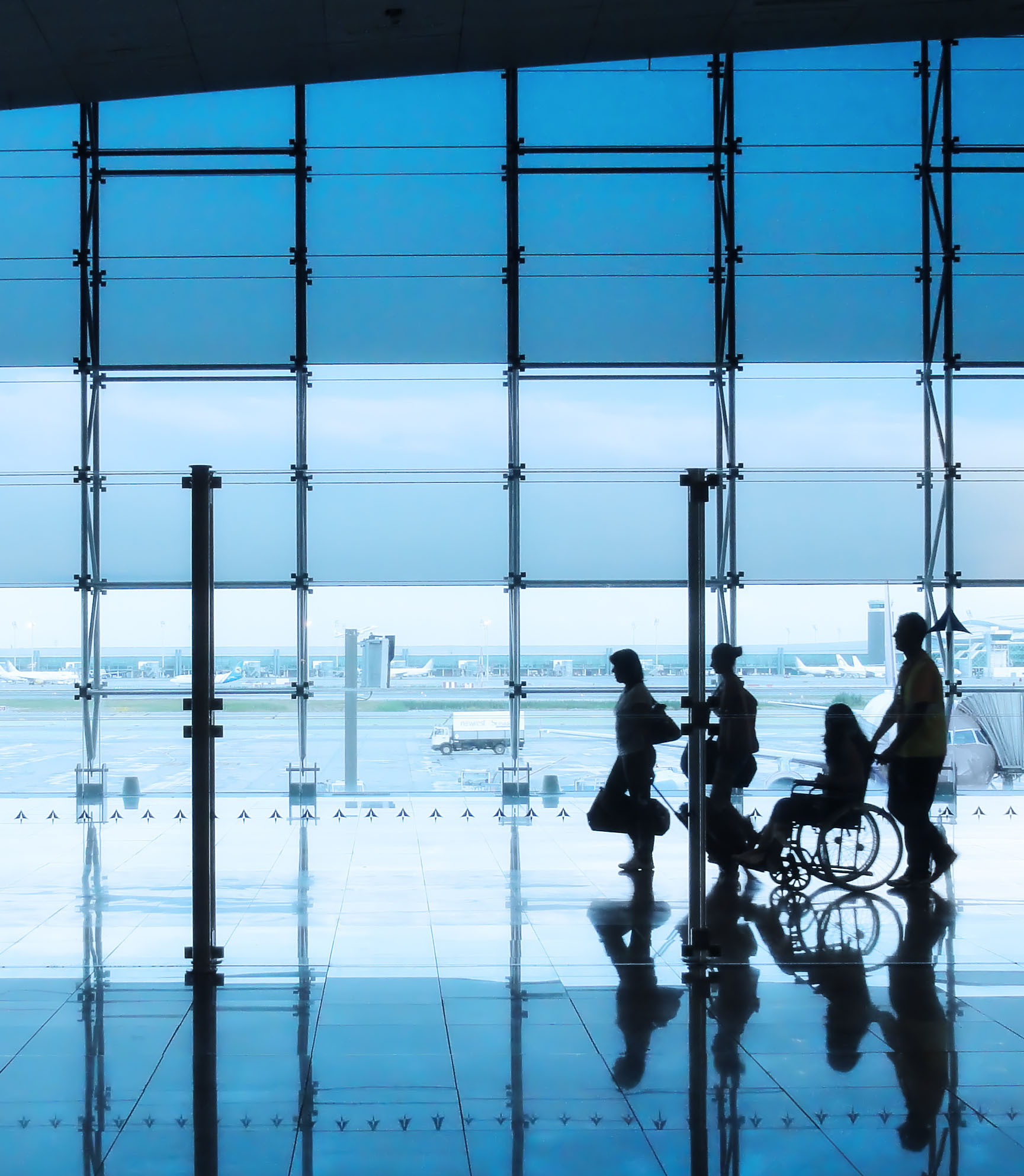
Know Your Rights
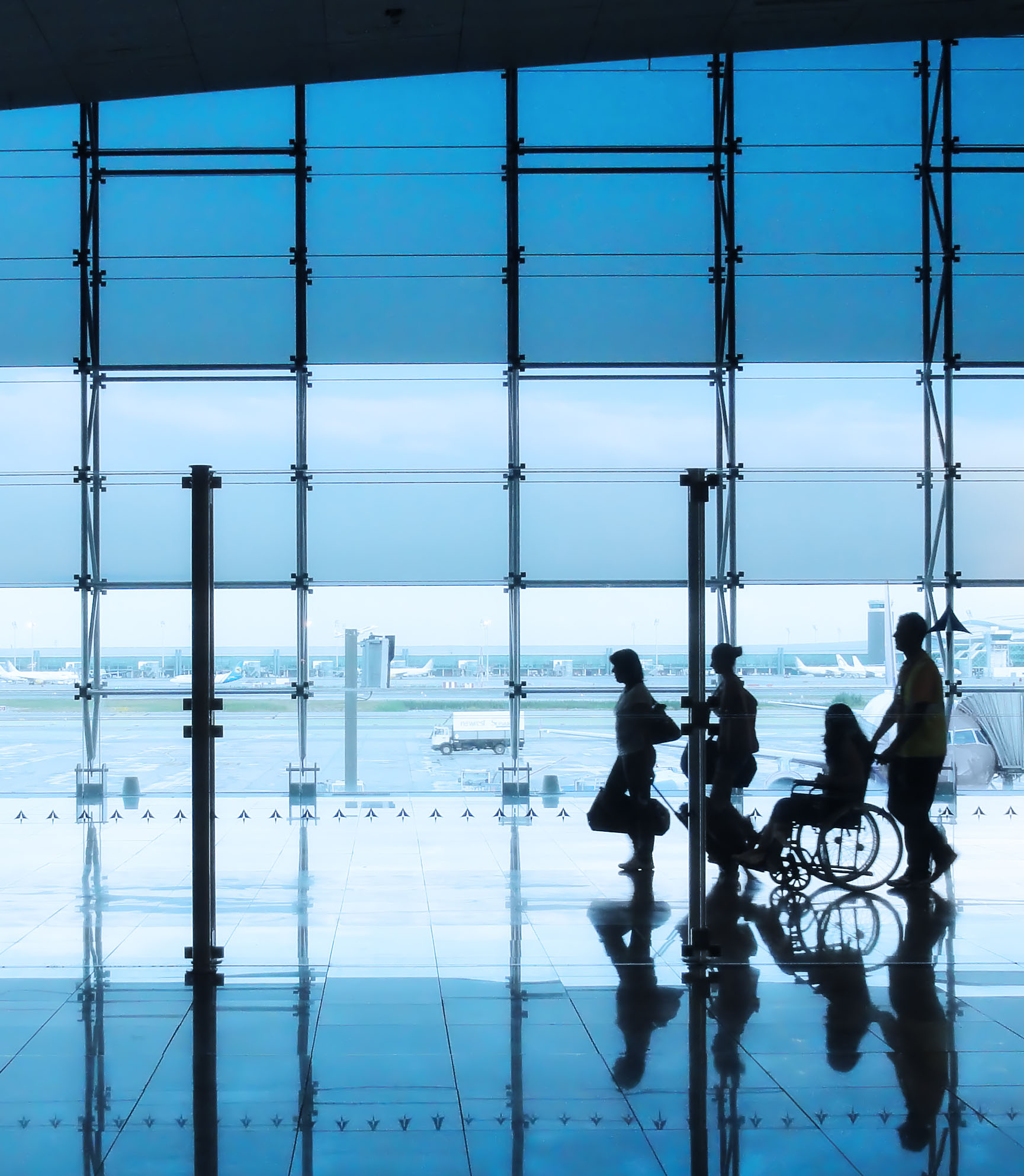
The Air Carrier Access Act (ACAA) makes it illegal for airlines to discriminate against passengers because of their disability—and it's been in place for more than 30 years. (The Americans with Disabilities Act doesn't apply to planes). But laws like these don't fix everything, predominantly because they're not actively enforced—typically only when some alleged abuse makes it into the press.
Skip the Internet

Online booking might be quick and simple, but it might not get you exactly what you need.
"When it comes to wheelchair and other assistance requests … I recommend you call and speak with someone," suggests Travelers United, a nonprofit advocacy group for travelers of all abilities. "They won't charge you for that."
Identify Yourself
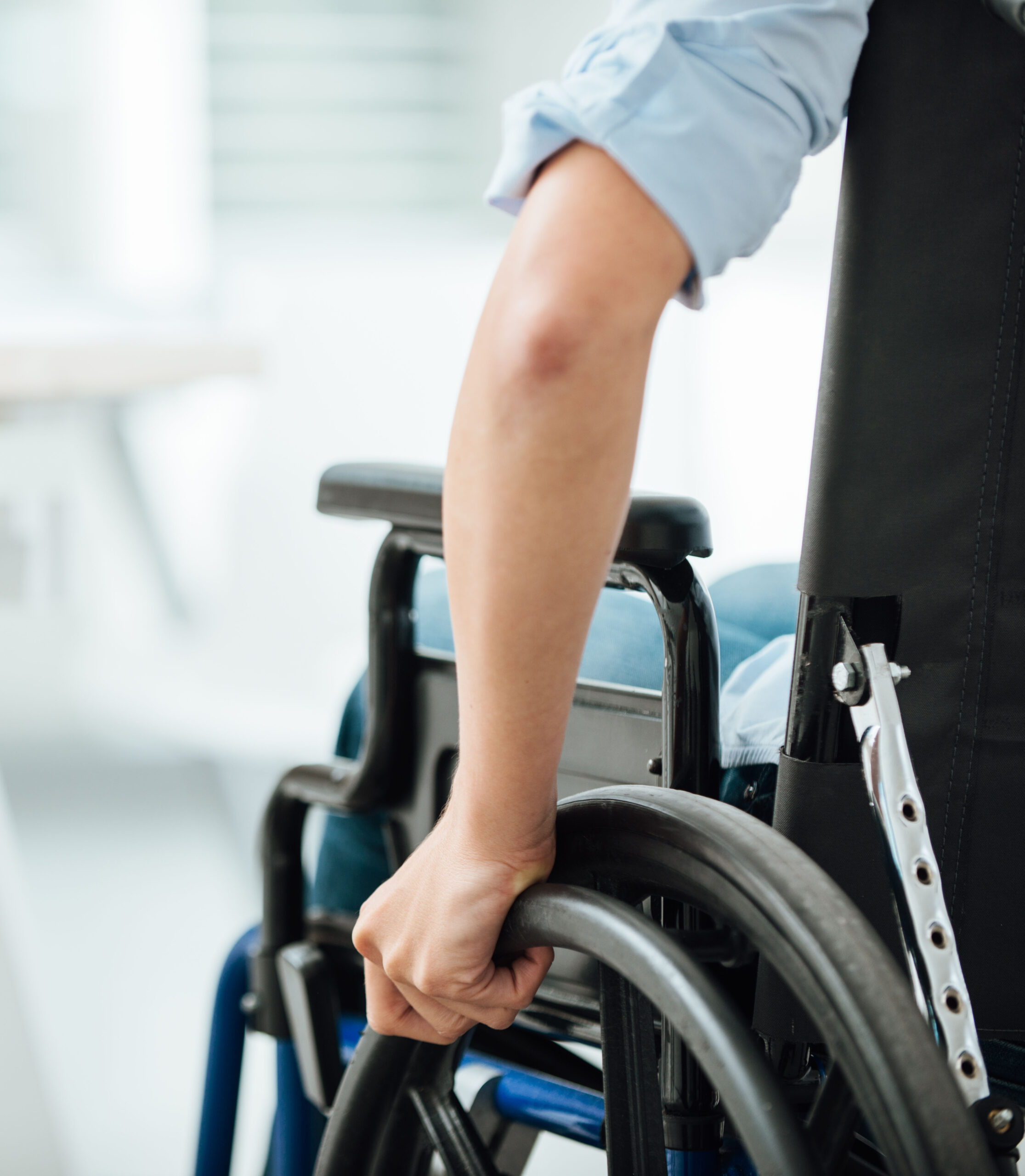
"Every major airline has a department dedicated to meeting the needs of passengers with disabilities and other special needs," writes Christopher Elliott, co-founder of Travelers United, in a piece for The Washington Post. The key is to let the airline know before a flight.
"You can do that by checking 'special assistance required' when filling out your passenger details online," Elliott writes.
Enlist Help

The New York Times suggests working with a travel agent who knows the kinds of details that matter to disabled travelers, including the layout of specific airports. "Consider agencies that have experts on staff that specialize in accessible travel, like the ones at Travel Leaders, New Directions Travel or Disabled Travelers, among others." And don't forget to bring their contact info with you, in case any issues arise.
Request the Right Seat
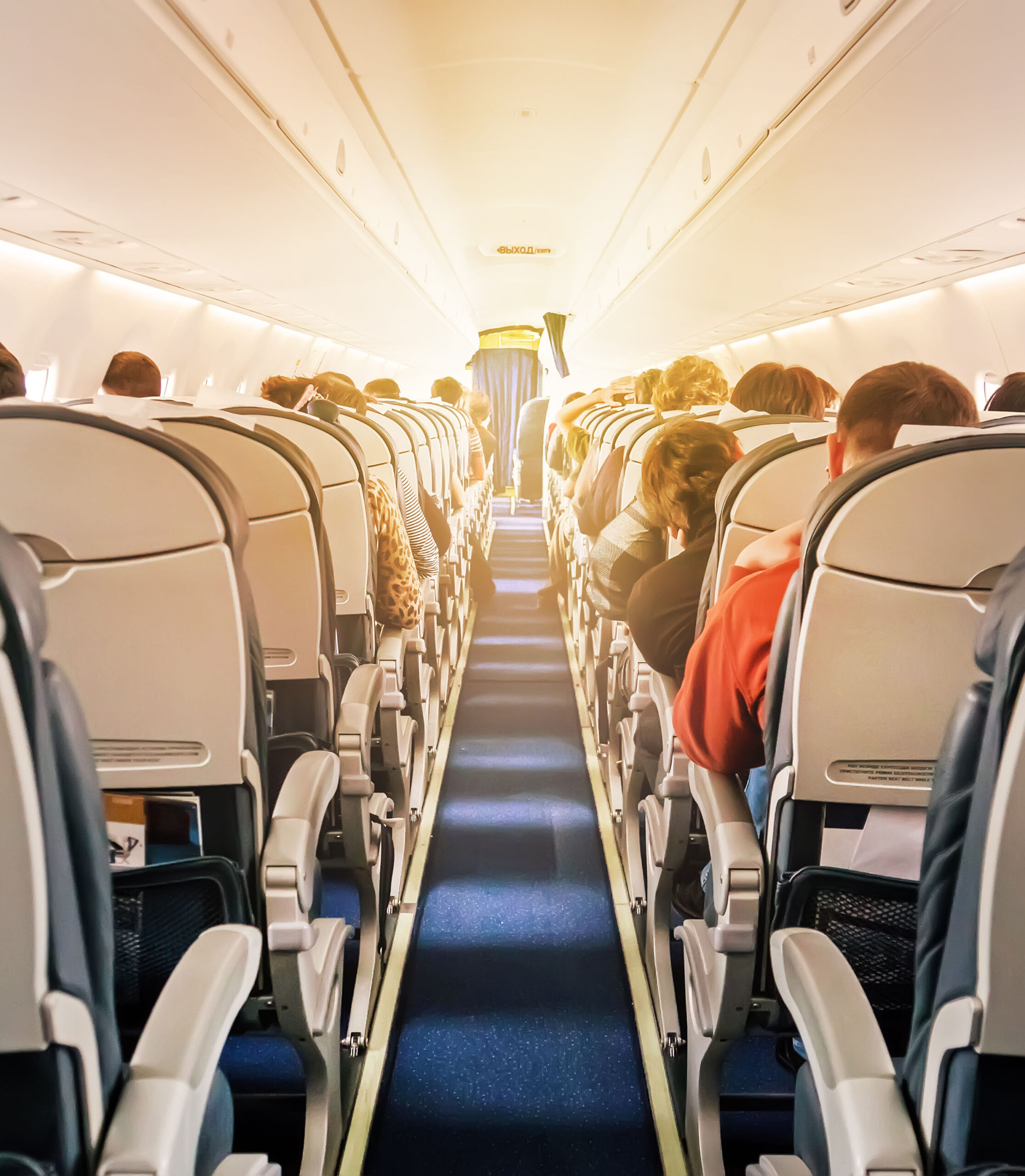
Typically, passengers with disabilities are given a certain amount of seat preference—often an aisle seat, toward the front of the plane. But as Elliott points out, those seats are increasingly being offered at a premium.
Get the TSA on Your Side

Seventy-two hours before your flight, be sure to connect with TSA Cares, a helpline from the Transportation Security Administration for passengers with disabilities or medical needs. They can also connect you with TSA Passenger Support Specialists. Both programs are getting a much needed reboot.
Consider TSA Precheck

John Morris, founder of WheelchairTravel.org, suggests getting approved for TSA Precheck, if you travel more than once a year. The main benefit? Being exempted from the full-body pat-down, most of the time. "Your membership restores some of the dignity that we all sacrifice when traveling in those cramped metal tubes called airplanes," he writes.
Carry Evidence

It's useful to carry a TSA notification card. An official doctor's note, or medical certificate, isn't required—but it can help. While no one needs to "prove" a disability, having documentation of any kind can often expedite potentially awkward situations.
Pack Smarter

It goes without saying that any necessary medication belongs with you inside the cabin. (And most experts suggest bringing double the quantity of medication you need—one set for your luggage and another in your carry-on.) Backup batteries and charging equipment for motorized wheelchairs and medical devices are smart, too. And remember, most medically necessary equipment doesn't count toward the carry-on limit.
Know That Change Is Coming
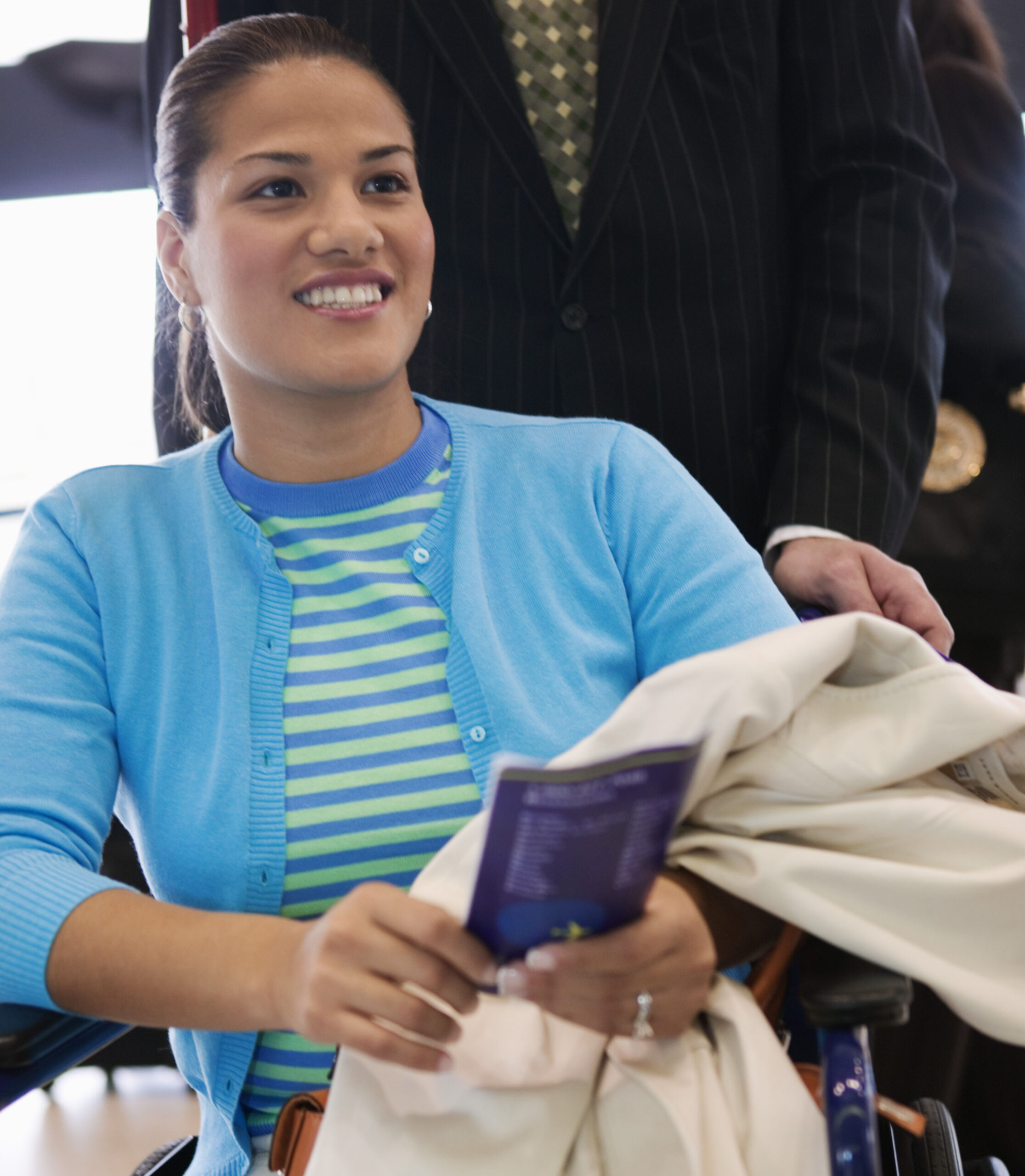
Groups like All Wheels Up are working to make planes themselves more accessible. Also, laws that give more strength to the ACAA, such as helping travelers recoup full damages to wheelchairs, are coming to both the U.K. and the U.S.




